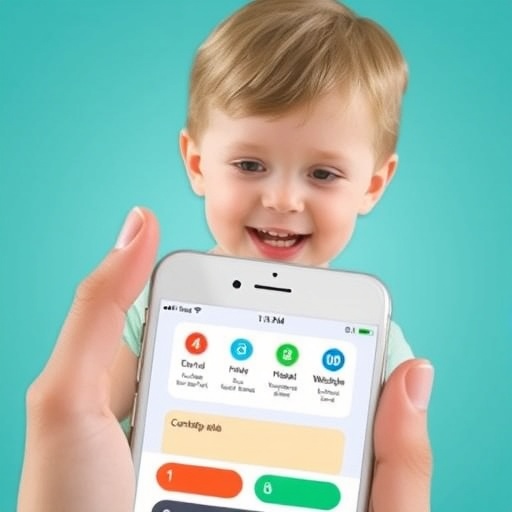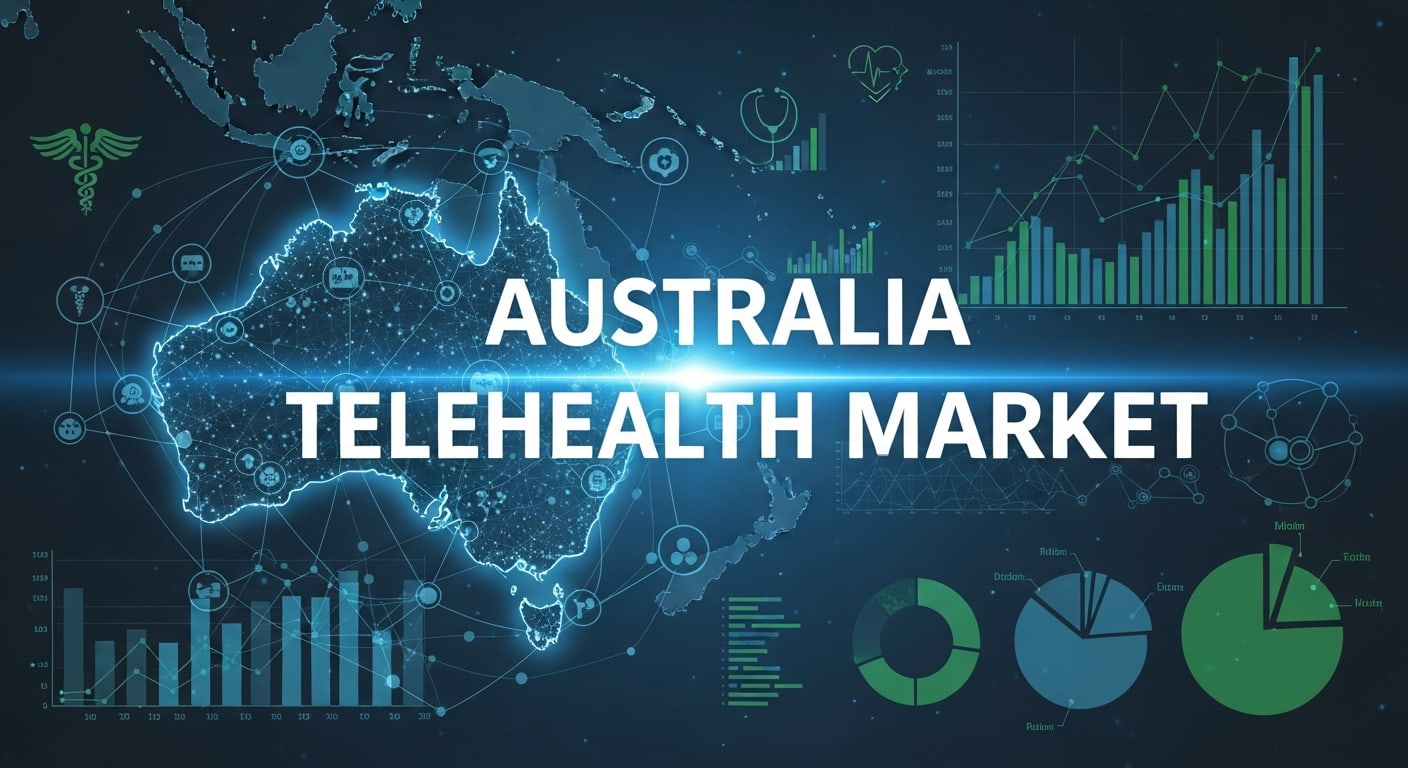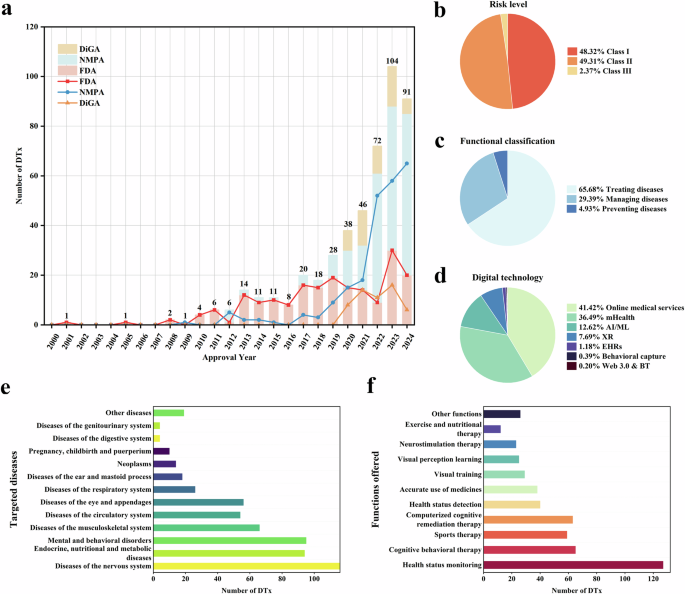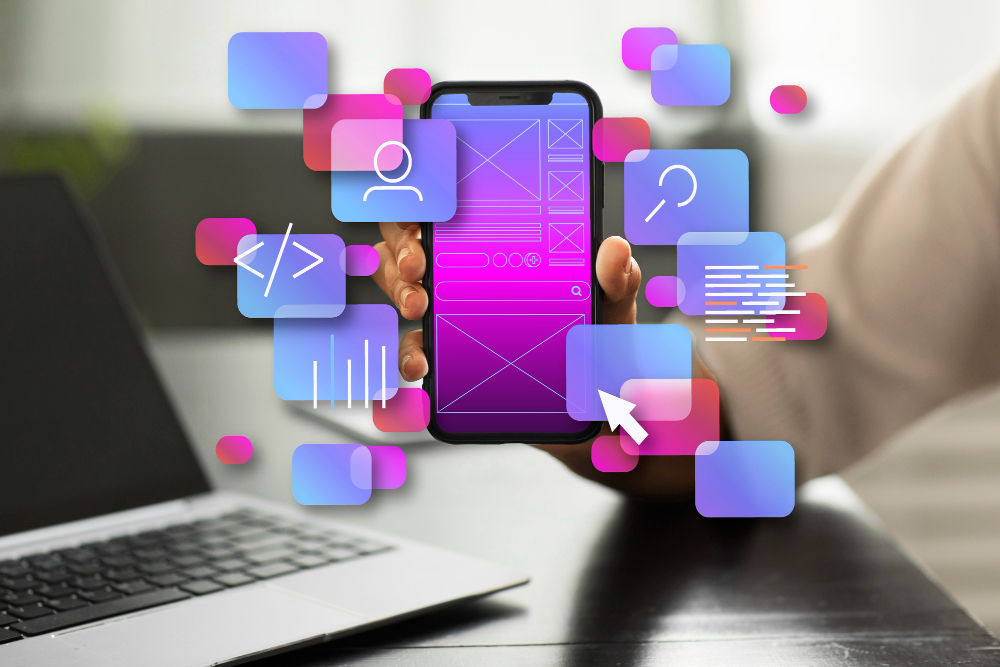26 Top Health Apps to Know
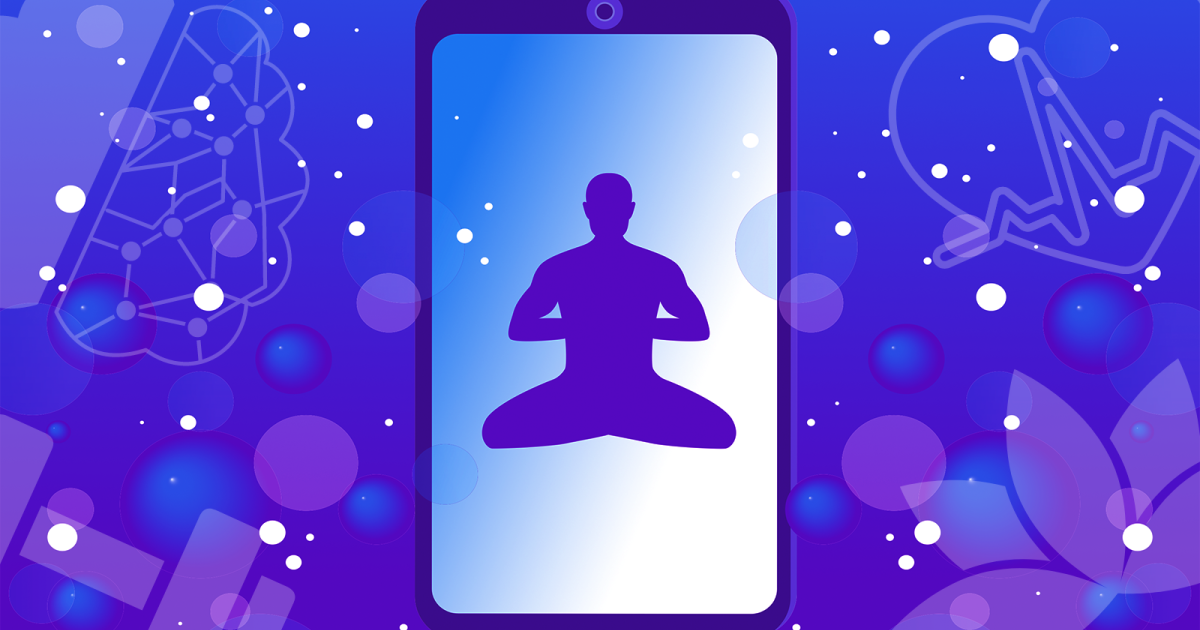
Health apps have become a booming sector in tech, and a cornerstone of many people’s wellness regimen — right alongside regular exercise and a healthy diet.
In the early days of the pandemic, when most people were stuck in their homes and hospitals were being overrun, mental health startups positioned themselves as antidotes for the mounting stress, and have since become a popular way for people to access therapy from home. Meanwhile, fitness and weight-loss apps have experienced tailwinds of their own.
Whether they’re coupled with wearable devices, offered as a benefit by users’ employers or even prescribed by a doctor, there are hundreds of applications designed to support a better mind and body. You can read about some of them right here.
Health Apps to Know
Through Nourish’s website or mobile app, users can connect with dietitians that can help them meet their personal health goals. The company says more than 90 percent of patients that use its services don’t pay anything out of pocket because their virtual sessions are fully covered by insurance. Nourish’s network of hundreds of dietitians have the expertise to provide support for diabetes, eating disorders, autoimmune conditions, prenatal nutrition and other health concerns.
Zocdoc connects patients with medical and dental providers for remote or in-person appointments. Functioning as a digital marketplace for care, the app works for doctors by handling marketing, patient acquisition and even scheduling within its own dashboard, and for patients by connecting them with providers who take their insurance, are accepting new patients and have available appointment times.
Headspace was among the first meditation apps to hit the market, and continues to be a popular resource for guided meditations and other stress-reducing resources. Through the app, users can access meditation techniques, mindfulness exercises, sleep soundtracks and other perks. In 2021, the company merged with mental healthcare giant Ginger to create Headspace Health, a comprehensive mental health and wellbeing app.
Talkspace provides people with easy access to a licensed therapist. It all starts with a questionnaire in which users specify their needs and goals. From there, the HIPAA-compliant app matches users with several therapists that they can choose from. Users meet their therapists in a virtual therapy room that can be accessed from a mobile device or web browser, and can message their therapist between sessions.
Known for its smartwatches, trackers and accessories, Fitbit has added a fitness app to its repertoire. Users can jumpstart their health journeys with motivating fitness content, personalized goals and health metrics that include heart rate, sleep activity and calories burned during workouts. For even more details, users can purchase the Fitbit app’s premium plan, unlocking daily readiness scores, wellness reports and other features.
Apple has built a health app that makes it easy for users to store and share important medical information. The app gathers data from iPhones, iPads and Apple Watches and tracks metrics like time spent exercising, calories burnt and time spent in daylight. For users who have been diagnosed with atrial fibrillation, Apple’s health app can monitor irregularities in heart activity and highlight lifestyle factors that could particularly affect those with AFib.
Calm is a mindfulness app that offers guided meditations, relaxing music and other tools to help users get a better night’s sleep. One of its best-known features is the guided sleep story library, with narrations from celebrities like Idris Elba, Matthew McConaughey and Priyanka Chopra Jonas. Calm also has a suite of tools that companies can offer to employees to help them reduce stress and improve focus.
Formerly known as Happify Health, the Twill app offers a variety of science-backed programs and activities that promote wellness, both mental and physical. This includes personalized, unique content, games and activities designed to support users throughout their specific medical conditions, ranging from mental ones like anxiety and depression, to physical ones like pregnancy. Not only can users receive guidance from medical experts, but they can also connect to others with similar conditions and circumstances for extra support.
Noom aims to help users achieve and maintain their physical health goals through behavioral changes, as opposed to just strict dieting. The app’s focus on psychology is meant to help people better understand and prevent the things that trigger negative thoughts and harmful compulsive habits, such as overeating. Each new user answers questions identifying their unique challenges and goals, and then Noom designs a plan to help reach those goals, and pairs them with a coach to provide support throughout.
HealthTap is a virtual primary care clinic that allows patients to develop one-on-one, long-term relationships with the doctor of their choosing. During video-based visits, patients can review health concerns, get prescriptions and fulfill other needs while following up with their specific doctor in between visits via text.
MyFitnessPal enables users to gauge their nutrition levels by tracking the food they eat, their physical activity routines, the amount of calories burned during workouts and their macronutrient levels. Users can also look up different types of food and view how many calories they contain. With these metrics and content, users can then develop a plan centered around healthy exercise and eating habits moving forward.
The BetterHelp app provides virtual counseling and other mental health services like digital journals, goal trackers, worksheets and wellness webinars geared toward individuals, couples, teens and families. It also offers employer plans that can complement a company’s existing mental healthcare benefits. BetterHelp’s stated goal is to provide “professional, affordable, and personalized therapy in a convenient online format.”
Click Therapeutics’ mobile software applications are made to be used as prescription medical treatment. It has Digital Therapeutics for several conditions at various stages in its development pipeline, and its digital smoking cessation program known as Clickotine is already available to patients. Through their smartphone, Clickotine users can access personalized, science-based interventions that train them to resist their smoking impulses.
Fabriq helps users be more intentional about checking in with their friends and family. Users input and then prioritize their connections according to four circles of closeness, then upload pictures and information about each person as well as how often they want to reach out. Fabriq then sends push notifications when it’s time for the user to reach out to a given person, along with generic conversation starters.
The FORM app is on a mission to help users treat obesity virtually. With a focus on science-based, personalized care, FORM has users take a quiz to understand their backgrounds, pairs patients with a team of certified physicians and dieticians who create a plan around physical activity, nutrition, mental health tips and other patient needs. Patients also receive FDA-approved medications to help them along in the process.
The Glo app offers virtual yoga, medication, pilates and fitness classes — available both on demand and live. Users can filter for their preferred classes based on what kind of class they want, their preferred duration, level of intensity, and even the muscle group they want to work. Glo also offers classes centered around themes like partner yoga and prenatal yoga, remaining accessible to users at different stages of life.
The Levels app connects with wearable continuous glucose monitors to help users calculate their metabolism based on their blood glucose response to a number of variables — most importantly what they eat. Levels goes beyond just simple metrics and data analysis though, as it also shows users how their food intake affects their mood and overall health in real time.
Lyra is a major player in mental health benefits, focusing mostly on matching employees with therapists and mental health coaches through a suite of personalized programs. Employers can also enable the Lyra Health app, which provides employees with on-the-go care through one-on-one messaging and video sessions with professionals, well-being resources and various provider-recommended mental wellness activities.
Clinically tested and developed at Boston Children’s Hospital and Harvard Medical School, Mightier is designed to help children practice emotional regulation through play. The app offers a library of games meant for kids ranging from six- to 12-years-old, and is paired with a wearable monitor to track their heart rates as they play. The games increase difficulty along with stress levels, and then provide calming techniques to help kids wind down and learn to better control their emotions. Parents can also track their child’s progress in real time on a separate app.
Offering various self-service wellness kits, access to a global network of certified coaches and licensed therapists and the World Health Organization’s well-being assessment, Modern Health pulls everything one may need to maintain their mental health on one app. It also offers an array of mental health benefits, allowing major companies like Pixar and Lyft to create personalized care for each of their employees based on their unique goals and needs.
Developed by tech startup Thriveport, Moodnotes is an app that helps users track their mood and identify what influences it. It also offers exercises designed to increase self-awareness and reduce stress. Thriveport also created MoodKit, an app offering tools to both enhance mood and change unhealthy thinking; and Sleepzy, a smart alarm clock that tracks sleep, analyzes sleep quality and wakes users up according to their circadian rhythm.
Breaking from the trend of health and fitness watches, Motiv developed a lightweight, waterproof ring that can track various health factors. Users can monitor their steps, sleep patterns, resting heart rate and other variables to determine healthy habits. The ring works with both the Apple Health and Google Fit apps, adding more convenience for users.
Inspired by the connectivity and structure of group therapy, the Real app provides a series of “pathways” to help users navigate life’s challenges, ranging from anxiety to familial relationships. Users can access clinically informed guided audio and video lessons, reflection exercises and real-world prompts to reinforce new skills. The app also offers a Real Pulse feature so users can track their mental health journey over time.
Shine offers daily meditations, self-care courses on things like stress management and establishing boundaries and monthly workshops with experts and other users. The app can be used by anyone, but it focuses especially on people of color, members of the LGBTQ+ community and anyone else who feels underrepresented in the mental wellness space.
Sonde Health’s mental fitness app helps users monitor their mental health with nothing more than their own voice. Users provide a 30-second vocal sample when responding to one of more than a dozen prompts, and then the app analyzes vocal biomarkers like smoothness, control and liveliness — all of which can be impacted by mental conditions like depression and stress.The app is meant to offer “an early warning system” that people can use to examine their own mental health and seek professional help if they need to, Sonde Health CEO David Liu told Built In.
WHOOP’s wearable technology and data-driven app allow users to track their sleep, fitness and recovery 24/7, and offers actionable insights so that users can improve their lifestyle and overall health. “WHOOP is great at all the things that it does because of all the things we don’t do,” founder and CEO Will Ahmed told Built In. Unlike many other health trackers, the sensor doesn’t have a screen, the app doesn’t measure steps and the company doesn’t sell customer data to third parties.
link


























